Abu Dhabi, United Arab Emirates, 9 May 2023: Global leaders gathered in Abu Dhabi to participate in the Global Leaders Debate, which took place on the sidelines of the 12th edition of the Annual Investment Meeting. The discussion brought together top decision-makers, thought leaders, and experts from various sectors to discuss the future of the investment world and foster sustainable economic growth, diversity, and prosperity.
The panel discussion titled “Global Leaders Debate: The Future Paradigm Shift: Future Investment Opportunities to Foster Sustainable Economic Growth, Diversity, and Prosperity,” took place in two sessions. Spearheaded by May Ben Khadra, Business Anchor at CNBC Arabia, the first session included panelists such as Fatou Haidara, Deputy Director General, United Nations Industrial Development Organization; Antonio Pedro, Acting Executive Secretary, United Nations Economic Commission for Africa; Rashed Alblooshi, Undersecretary, Abu Dhabi Department of Economic Development; and Jung Sook Park, Secretary General, WeGO.
Experts emphasised how the future paradigm shift towards sustainable economic growth presents numerous investment opportunities. These opportunities include investments in renewable energy, sustainable agriculture, clean technology, and green infrastructure. Additionally, investments in education and innovation can also drive economic growth and foster diversity, while promoting sustainable development. The key is to prioritize investments that have the potential to create long-term value while also addressing critical environmental and social challenges.
Ms. Haidara said: “Equal opportunity should be provided to all stakeholders, including the private sector, as job creation cannot be achieved without their involvement. Rather than viewing the private sector as a hindrance, it is essential to develop appropriate policies and create a favorable environment for their participation. Collaborating with institutions and supporting entrepreneurs in making technological decisions are crucial steps in promoting investment and private sector technology.
“Industrial development is a complex process that requires the contribution of the private sector. Women empowerment, government partnership, financial institutions, and inclusivity towards youth are also crucial in this process. The private sector plays a significant role in ensuring competitiveness within the value chains. To move towards renewable energy and away from fossil fuels, partnerships with organizations such as the African Union are necessary as one organization alone cannot achieve this goal.”
Commenting on smart solutions in the UAE that drive economic growth, H.E. Alblooshi said, “The aftermath of the COVID-19 pandemic has resulted in changes in the way services are provided to stakeholders. Nowadays, smart applications are used to provide various services, making life easier and more convenient for investors.
Looking at the industries, the economy has grown by 10% in 2022, and the non-oil sector has grown by 10.3%, indicating significant development in the economy. For both foreign and local investors, the UAE is a safe place to invest, thanks to its various incentive programs and clear strategy for diversifying the economy away from oil. The goal is to achieve sustainable economic growth that is built on innovation and knowledge-based sectors.”
Highlighting the public sector’s role in driving growth, Ms. Park said: “Centralization refers to the decision-making power being shifted from national affairs to sub-national affairs, resulting in better accountability and delivery of services to citizens. Promoting political participation is essential for driving democracy, which is crucial for increasing productivity and economic growth.
Decentralization is a key element in this transition. In Abu Dhabi, we see how cities like Masdar City, Sustainable City, and Expo City are built to prioritize conservation and job creation for the local economy. To support and focus on the public sector, urgent investments are required in the healthcare and education sectors due to the pandemic. The private sector is facing decline due to uncertainty. However, this is the best time for the public sector to invest in making cities better, as the pandemic and climate change have made inequality more evident through the digital demand and natural disasters.”
In addition to the UAE, another country in focus that the panel discussed was Africa. Mr. Pedro said: “Africa is positioned to be a global leader in the future, but it must address issues such as carbon emissions and the growth of the transportation sector.
By partnering with other nations, Africa aims to create job opportunities and increase exports by 2025. The COVID-19 pandemic has resulted in financial difficulties and increased debt, which highlights the need for a well-designed strategy and structure. Addressing fundamental issues is crucial, and the African government union commission is already taking steps towards this goal.”
He further stated, “Although the economy is still dependent on oil by 50%, the non-oil sector is equally important. Among the six sectors that have a high impact on the economy, including ICT, financial services, tourism, bio and healthcare, and industry, the government has invested AED 10 billion in the industrial sector over the next five years.
The aim is to double the GDP to AED 172 billion by 2031 and increase non-oil trade by AED 178.8 billion, creating 13,600 new jobs through various programs, including utility incentives. Abu Dhabi is known for its safety and security, making it an attractive destination for investors and their families.”
The second part of the session was led by Ismail Ersahin, WAIPA CEO & Executive Director. It included speakers such as H.E. Wamkele Keabetswe Mene, Secretary General, African Continental Free Trade Area; Jun Ge, Group CEO, ToJoy; Georges Rebelo Pinto Chikoti, Secretary General, Africa Caribbean Pacific (OACPS); and H.E. Rustam Minnikhanov, Head, Republic of Tatarstan.
H.E. Mene discussed about the opportunities that can be provided for intra-African trade and development. He said: “The current rate of intra-African trade is only 4%, which is relatively low due to existing barriers. Therefore, there is a need to establish protocols that provide investors with greater legal protection to instil confidence in their investments. The main objective is to promote African trade, create employment opportunities, foster innovation, drive industrialization, and address the current technology deficit faced by the continent.”
In addition, Mr. Ge said, “China is seen as a promising destination and a driving force behind the world’s economic growth. It has offered higher returns on foreign investments compared to other developed countries in the last five years. If China’s GDP grows at a steady rate of 5% for the next five years, it will contribute to growth equivalent to the combined economies of Japan, India, and Indonesia.
China’s technology sector is looked upon by many as a model to emulate, with a substantial share of global unicorns, indicating its potential in the industry. In healthcare, the market is expected to reach approximately USD2.5 trillion by 2030, and the pandemic has opened up opportunities for investors.
Moreover, China is taking proactive measures towards a sustainable, low-carbon economy and has committed to investing USD20 trillion in this direction. Given these developments, China’s status as a key player in the global economy, with a focus on innovation and diversity, cannot be overlooked, despite the ongoing geopolitical tensions.”
Mr. Chikoti said: “We are looking forward for investment in transformation of products so it can be transported and circulated across the continent and transform our economy of 1.2 billion people. Legislation facilities will focus on getting stronger to facilitate opportunity for what major investors has to offer our country which has been severely affected in the pandemic. Proud to be a part of this platform that will help our country with grants and eventually help our economy grow.”
The panellists covered the most pressing issues affecting the global economy, such as disruptive technologies, climate change, geopolitical tensions, inflation, and debt levels. The panel discussion also examined investment opportunities that can transform the global investment landscape and investment world.



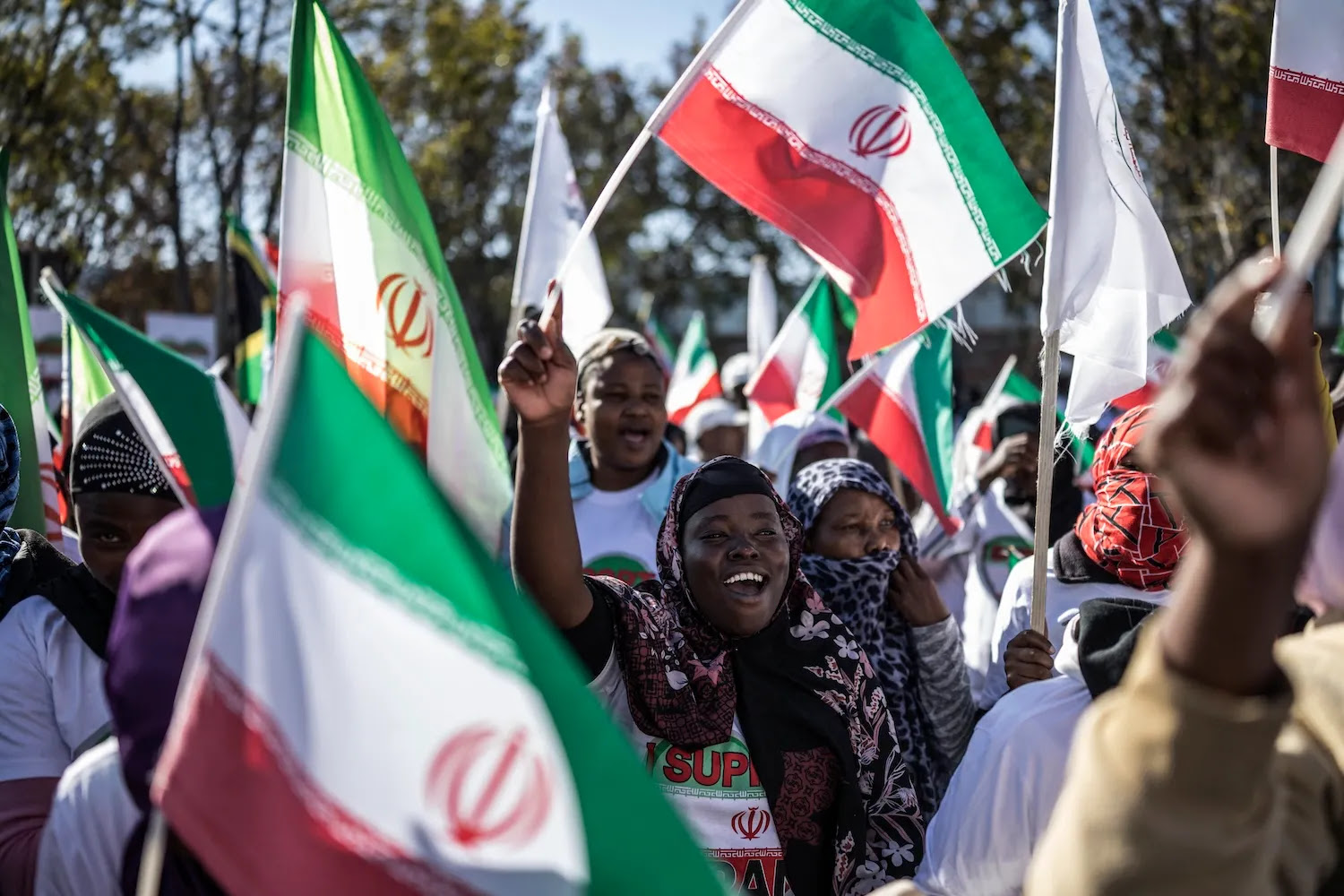
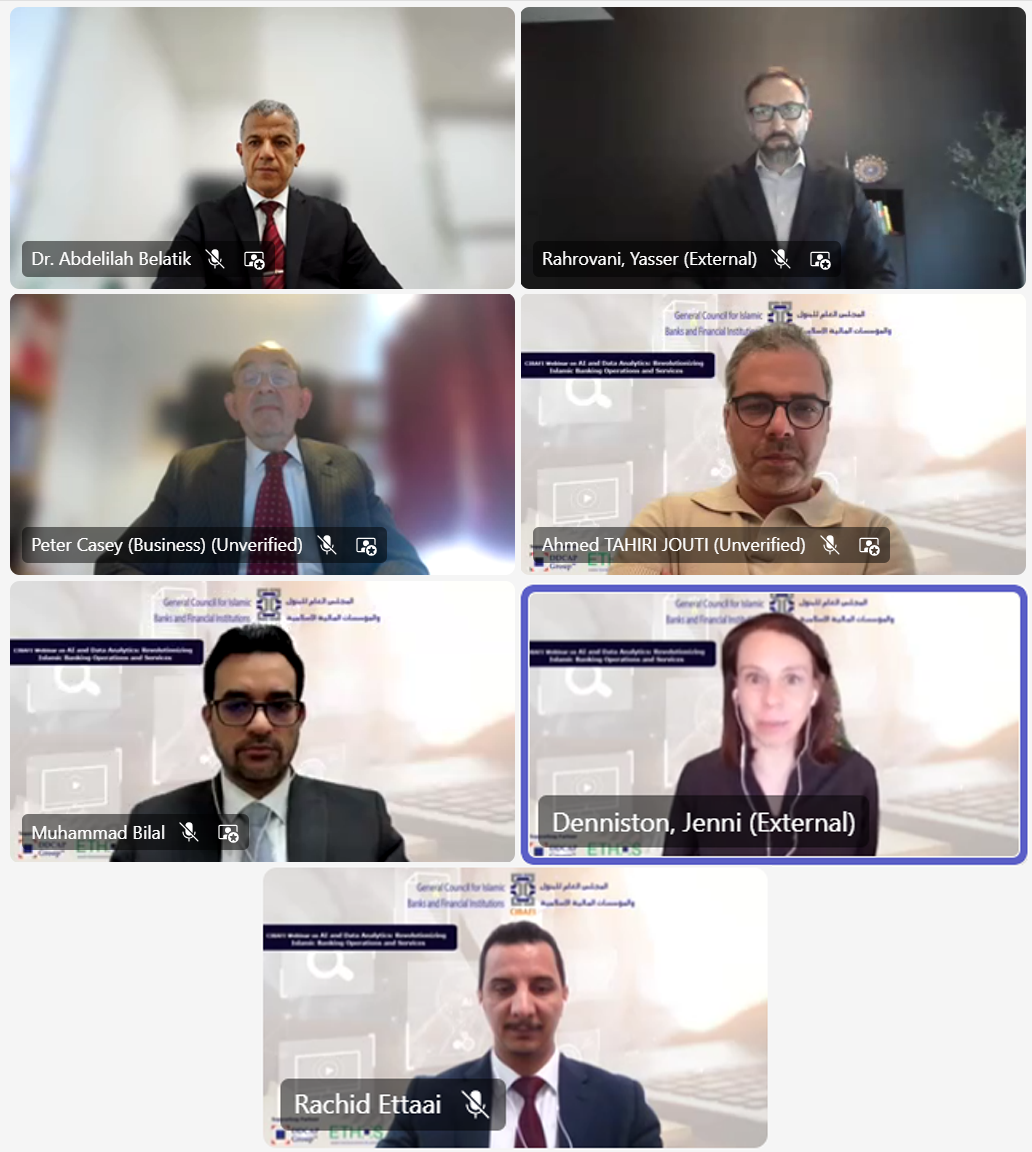
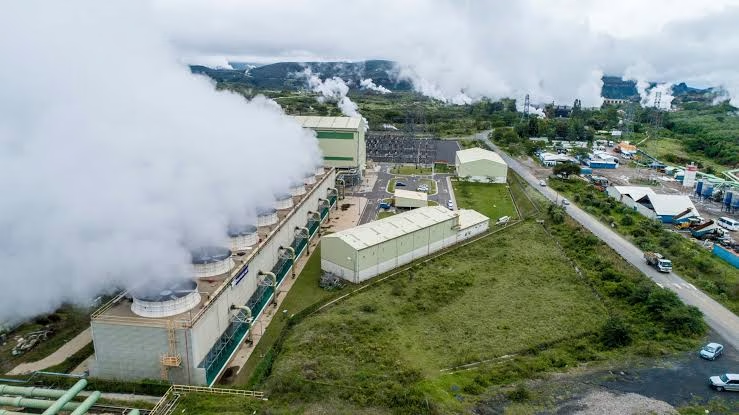
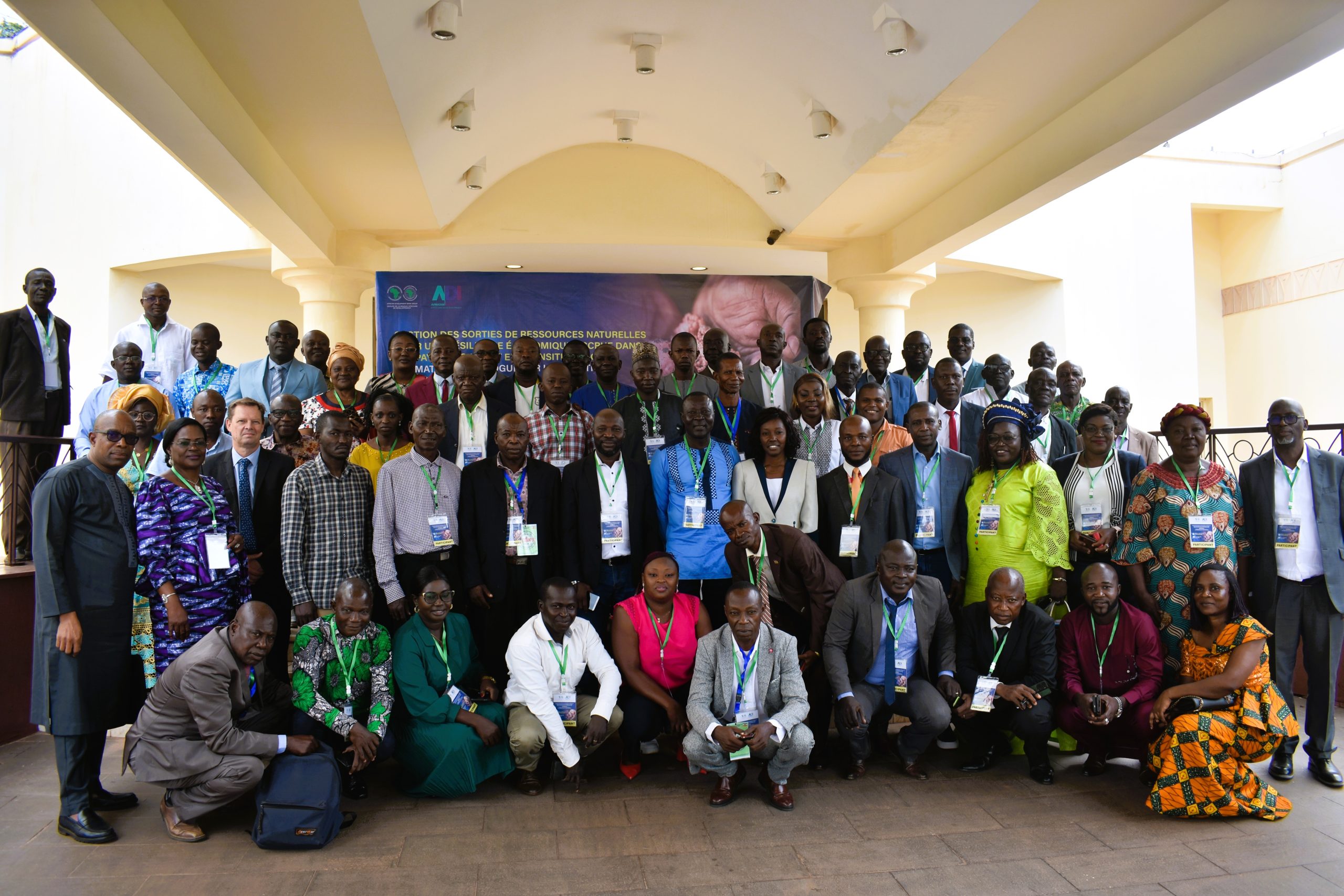
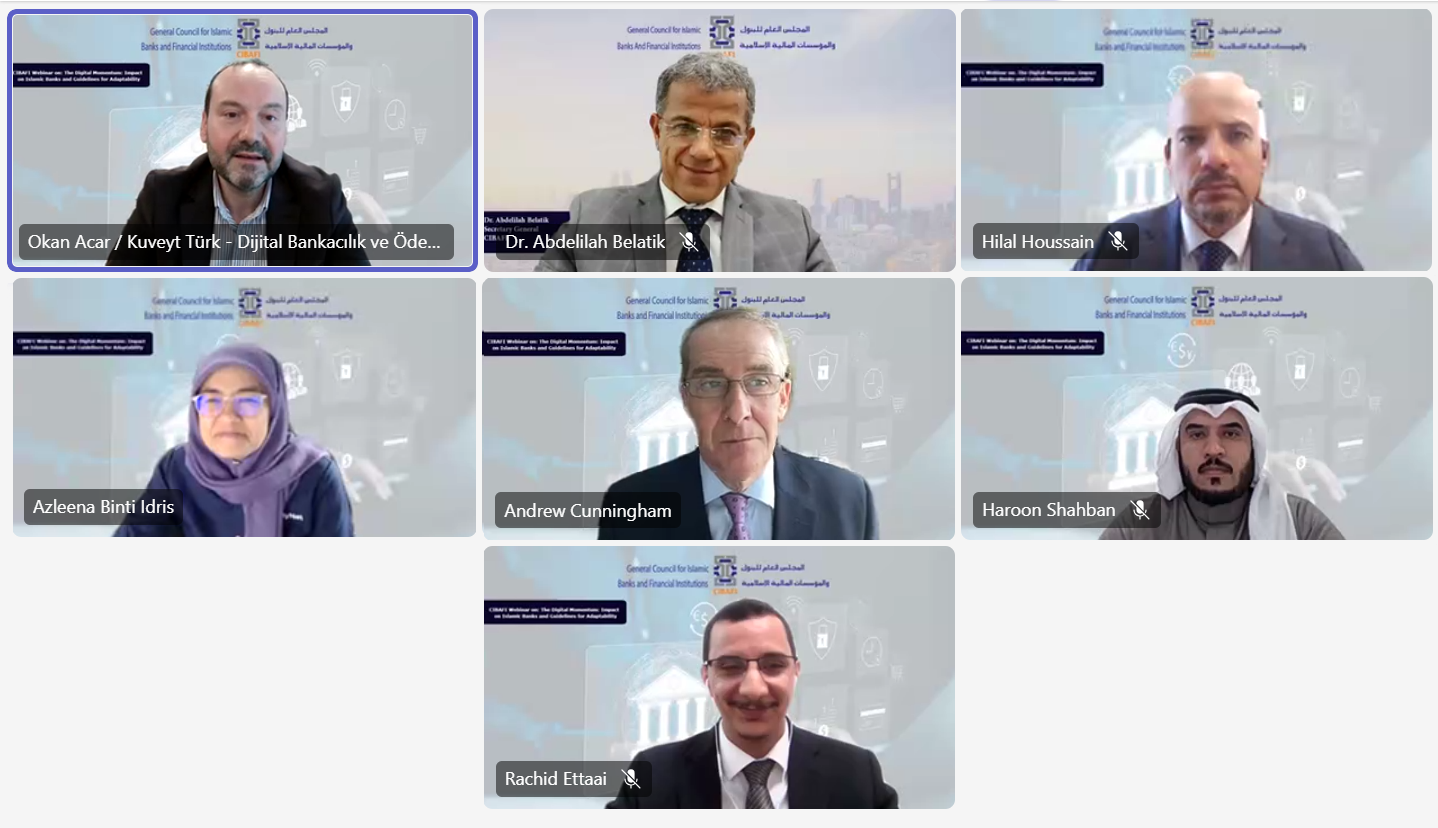
Leave a Reply